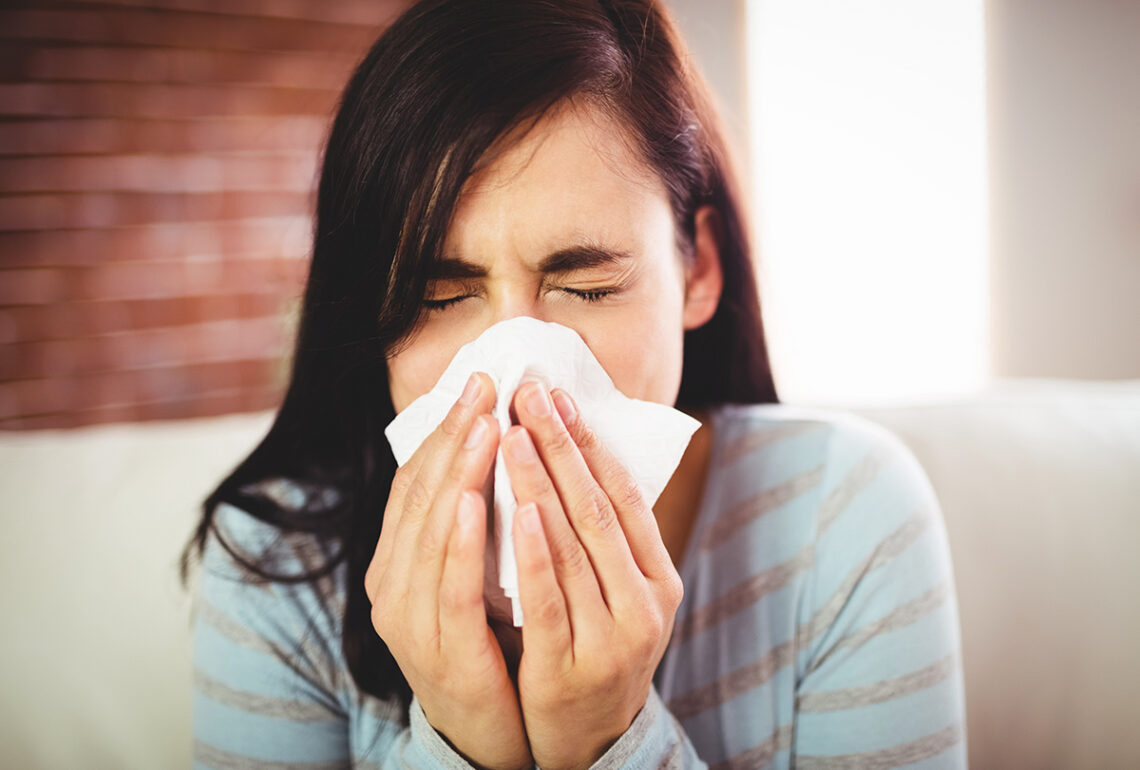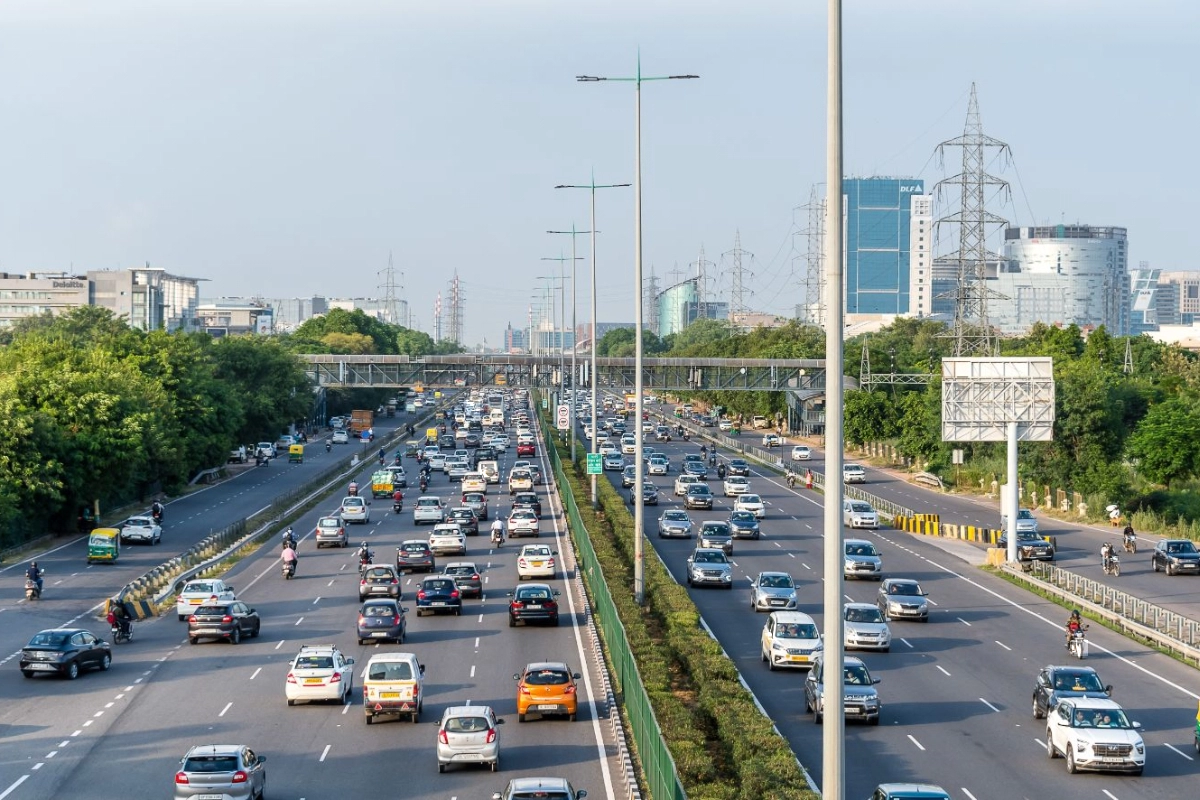While the season of viral fever is coming to an end. On the other hand, the cases of allergy are increasing rapidly. The number of allergy patients is increasing in the outpatient department (OPD) of most of the hospitals in Delhi-NCR. Last year, from the month of December to the end of March, long queues of people suffering from many different diseases were seen in most of the states of India.
In which the maximum number of victims of H3N2, corona and regular influenza and severe flu was high.
Now, due to the changing weather, complaints of cough, sneezing, runny nose, watery eyes and swelling under the eyes and nose are increasing in OPDs of hospitals and clinics. Experts believe that air pollution in the capital increases the severity of inflammation. Also, this problem persists for a long time. Due to allergies, people have a problem of wheezing when they breathe. Such symptoms raise the suspicion of bronchitis and other diseases.
Allergies can also be caused by household dust
Because of this, people have to undergo allergy tests. However, according to experts, house dust mites and insects are the most common allergens found in allergy tests.
Doctors also advise patients not to self-prescribe allergy panel tests. Which are highly practiced by Pathology Lab during this season. But get the test done only after consulting the treating doctor. Nebulization is commonly used with anti-allergens and bronchodilators to deal with allergies.
What do doctors say
Head of the Department of Chest and Respiratory Diseases at BLK-Max Super Specialty Hospital, Dr Sandeep Nair told News18, “A lot of patients are coming to us with complaints of sneezing and cough as allergies. The allergy is not ending even after taking all the medicines. Sometimes there are complaints of watery eyes and reactions on the skin as well. There has been a sudden increase in the number of such patients. In some of them, the problem of allergy has started due to pollution. People are coming with complaints of respiratory problems, shortness of breath, increase in asthma and rhinitis, watery eyes, sneezing.”
How to manage symptoms
Experts say that allergies or allergic reactions can usually be prevented by taking prescribed medicines. According to Dr. Anirvan Karmakar, Consultant, Critical Care Medicine, Narayana Superspeciality Hospital, people should wear protective clothing and protect themselves from exposure to specific allergens. But the best way to avoid the symptoms is to “take essential medicine”.
Must Read: Go First: Why Did the Airline Go Bankrupt? The Downfall of India’s Low-Cost Carriers
Keep watching our YouTube Channel ‘DNP INDIA’. Also, please subscribe and follow us on FACEBOOK, INSTAGRAM, and TWITTER












